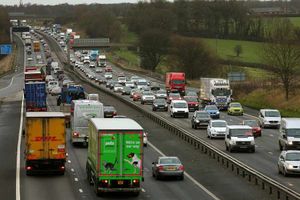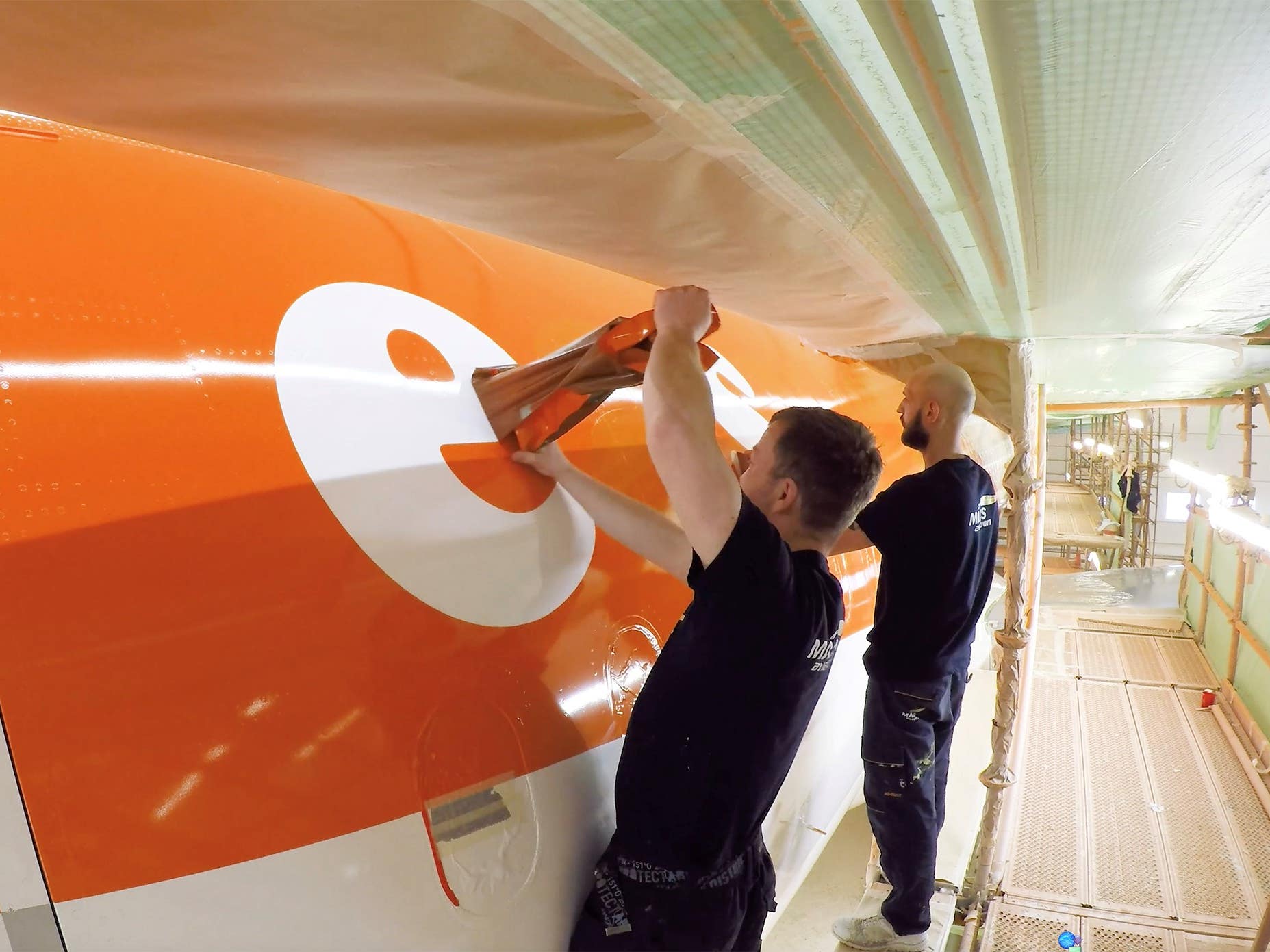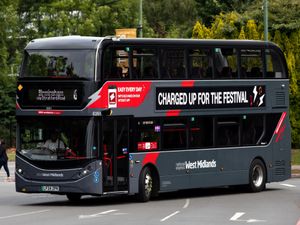200 lorry drivers on Midland motorways exceed permitted working hours
More than 200 lorry drivers travelling on Midland motorways were found to have exceeded their permitted working hours during a year-long crackdown.

Inspection officers carried out hundreds of checks on drivers on the M6 and M5 during a crackdown on illegal practices over the past year, according to figures from a Freedom of Information request.
In total, 463 checks in 2011/12 on the M5 between J1West Bromwich and J4 for Lydiate Ash and Bromsgrove near Halesowen and the M6 between J6 for Spaghetti Junction and J14 for north Stafford and Stone.
Some were found to be breaching limits on the length of hours they have been working without breaks during the day. A range of regulations are enforced by the Driver and Vehicle Standards Agency to ensure drivers are properly rested when they hit the roads.
The majority of the checks were carried out at the M6 in Stafford at Doxey and off junction three for the M5 for Halesowen.
They discovered that 247 HGV drivers had exceeded their permitted driving hours and they issued 133 graduated fixed penalty notices.
Fixed penalty fines vary depending on the severity of the offence but can reach up to £300 for the driver. Minor infringements will have received verbal warnings.
Their employers can be subjected to follow-up visits by inspectors to check on working practices.
For cases deemed as most serious offences, a report on the firm will be presented to regulator the Traffic Commissioner for a ruling.
Driver and Vehicle Standards Agency chief executive Alastair Peoples warns drivers on the risks associated in regulation guidelines published by the organisation.
He said: "Research shows that a considerable proportion of vehicle accidents, are sleep related, especially those on motorways.
"When drivers are fatigued, vigilance and alertness deteriorate. This results in adverse changes in performance, including increased line crossing and poor speed control. Driver fatigue can account for up to one in five serious crashes."
When drivers start work they are required by law to use a tracking instrument called a tachograph. All the driving activities working hours, the vehicle's speed, distance and time are recorded.




